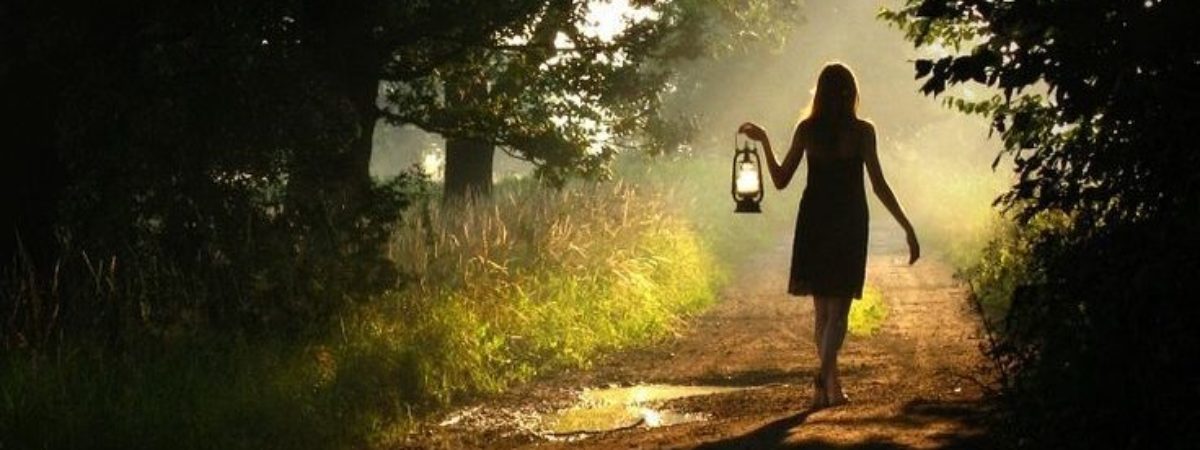“Doesn’t everything die at last and too soon? Tell me, what is it you plan to do with your one wild precious life?” — Mary Oliver
*******
I ran into Sally at the store the other day. We had been in a spiritual/prayer group together last winter and at the time, she had mentioned her father who was ill. She had been managing his care while he was in a nursing home.
I hadn’t seen her since that group ended and when I saw her, I asked about her dad.
“He died two months ago,” she said, sobbing.
 I hugged her and listened.
I hugged her and listened.
“It was so hard and so easy at the same time,” she said. “We were praying at his bedside and I was in tears, and I felt him go. I knew he was out of pain … still … I cry a lot these days.”
I felt my soul split open, wanting to spew out a river of sorrow. Her father’s death was triggering my own feelings of anticipatory grief about my own father who had a stroke two years ago.
Sally asked about my dad. I told her that for now, he was OK, but declining with each year. And I told her that I knew her experience would soon be mine.
“It will be painful,” she said, “but you will get through it. Let me write down your dad’s name so I can pray for him and for you.”
We said good-bye and I left the store, even more saddened. Meeting her and learning of her father’s death felt like a wake-up call, a gentle nudge from God. For whatever reasons, life has spared me the death of a close loved one. And Sally was a visible reminder to me of my story right now — one that each day knocks closer on the door of my heart.
For me, it continues to be a lesson in acceptance. And to be honest, I’ve never been good at it. I’m not good at letting go, especially of those I love.
I write a good deal about letting go because it’s a lifelong lesson for me. Lately, however, I have come to consider that perhaps it’s not so much a matter of letting go, but rather of “letting it be.” Wayne Muller an ordained minister, therapist and author, writes:
When we die, we need not let go of anything. Death will come when it comes. We are simply letting it be. And it is the same with life. We need not let go of our illusions of immortality. They will go on their own soon enough. But if we can mindfully accept it all simply as it is — we live and then we die — then there is nothing to do at all, only to let it be. This acceptance brings tremendous freedom.
These are fine words. And I yearn for that freedom that Muller describes. However, in this moment, they are just that — words and not experience. I can only hope they uphold me when my father dies. And I pray I also find strength in God and the support of those around me.
But here’s the irony. Even while I wait — with grief, with dread — I also experience each moment with my father as precious, as new. When I am caregiving and with him, I find life somehow is born again, even in the face of impending death. And this, strangely, is a gift.
In his decline, I am learning to live attentively and deeply in the moment. And when he dies, I will offer thanks for my father’s life, one filled with countless examples of loving service. He truly has taken Mary Oliver’s quote to heart and lived life; he has not wasted one precious second in his desire to serve and help others.
Dad is not always coherent and the last week or so, every time I mention something — no matter the topic — he says “Let it happen. Let it happen.” He used to offer this advice when I would be troubled about the outcome of any given situation.
I believe this has been dad’s way of telling me to “let it be.” With such a teacher, how then, can I not be in gratitude? And how, when he dies, can I not keep from crying — in both joy and loss?
